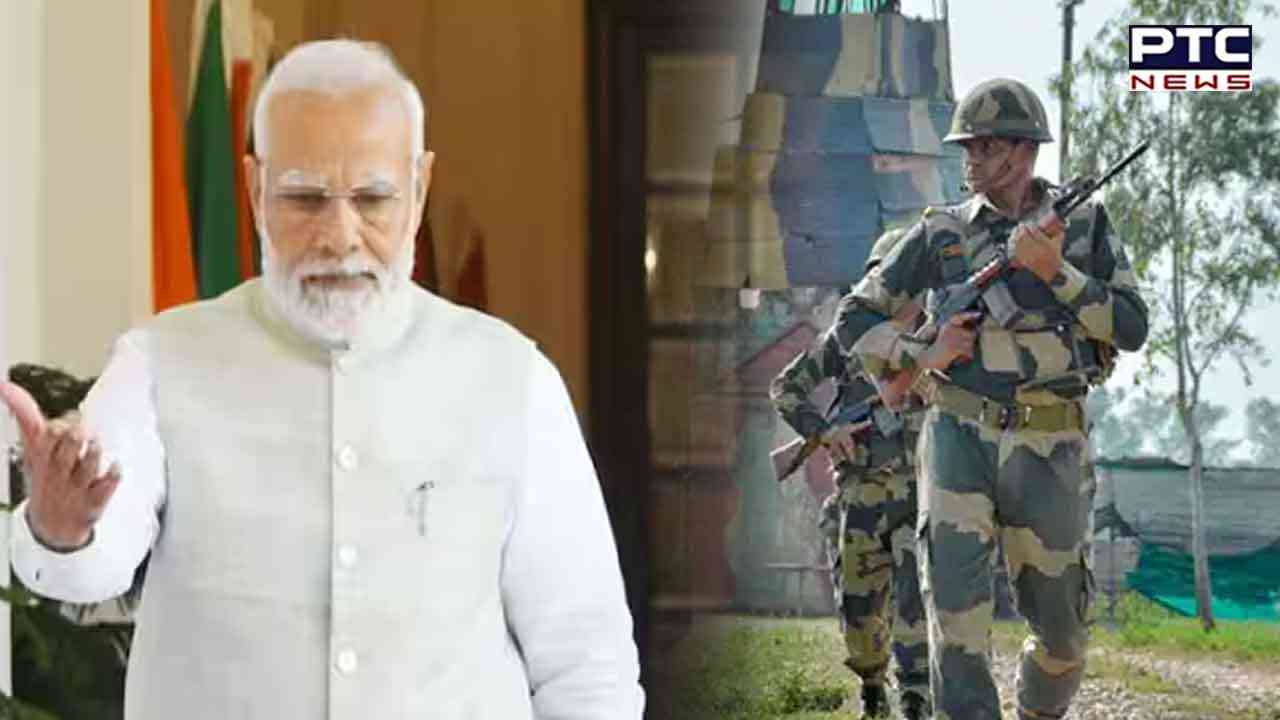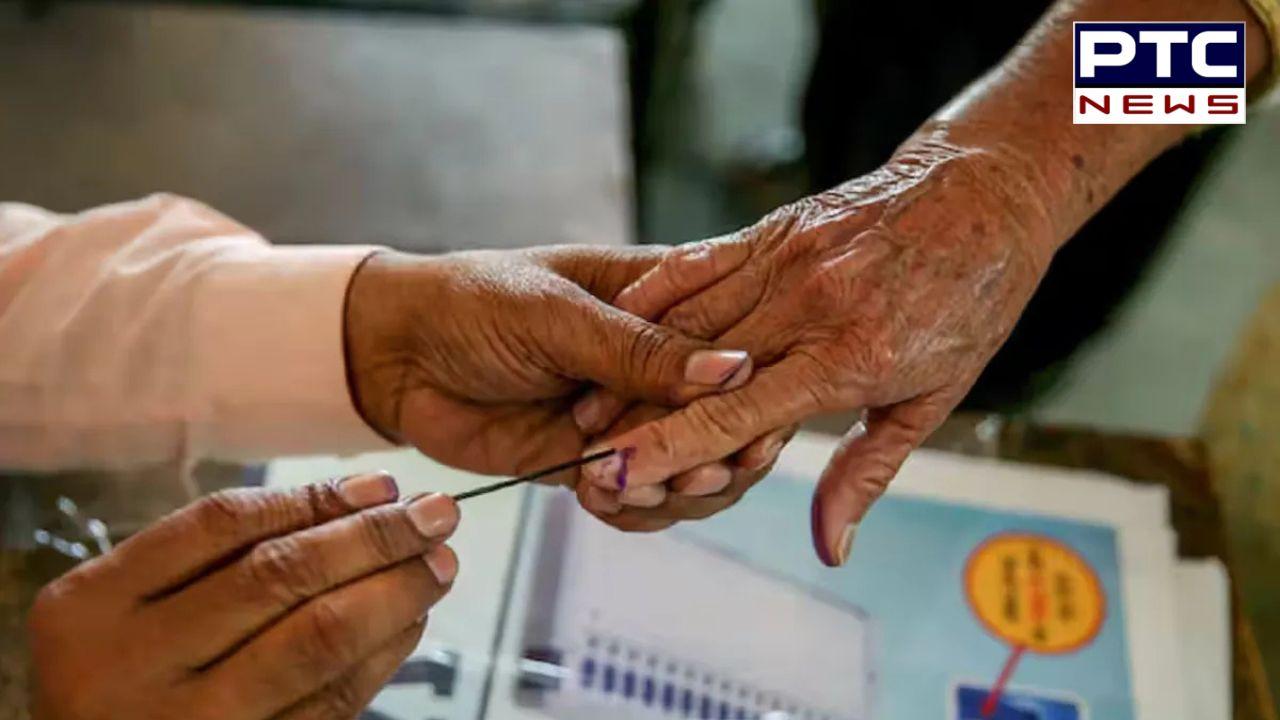India likely to give military response to Pak’s provocations, says US intelligence report

New Delhi, March 9: One of the US intelligence community, under the leadership of Prime Minister Narendra Modi, India is more likely than in the past to respond with military force to perceived or real Pakistani provocations. And also India and China with the possibility of a conflict between them.
It is also seen that under the leadership of PM Modi, India is more likely in the past to respond with military force to Pakistani provocations. According to the report the crises between India and Pakistan are more grave and concerning both are the nuclear-armed states.

As per to the past report, Pakistan has a long history of supporting anti-India terrorist groups but, under the leadership of Prime Minister Narendra Modi, India is more likely to respond with military force to perceived or real Pakistani provocations, than it was in the past, the threat assessment report said.
The is the part of the annual threat assessment of the US intelligence community, it was submitted to the US Congress by the Office of Director of National Intelligence during a Congressional hearing.
“Crises between India and Pakistan are of particular concern because of the risk of an escalatory cycle between two nuclear-armed states. New Delhi and Islamabad probably are inclined to reinforce the current calm in their relationship following both sides’ renewal of a cease-fire along the Line of Control in early 2021,” the Annual Threat Assessment of the US Intelligence Community report said.
It further said, “Pakistan has a long history of supporting anti-India militant groups, and under the leadership of Prime Minister Narendra Modi, India is more likely than in the past to respond with military force to perceived or real Pakistani provocations.”
“Each side’s perception of heightened tensions raises the risk of conflict, with violent unrest in Kashmir or a militant attack in India being potential flashpoints,” it said.
The expanded military postures by both India and China along the disputed border elevate the risk of armed confrontation between two nuclear powers that might involve direct threats to US persons and interests, and calls for US intervention. Previous standoffs have demonstrated that persistent low-level friction on the Line of Actual Control (LAC) has the potential to escalate swiftly, it said.


